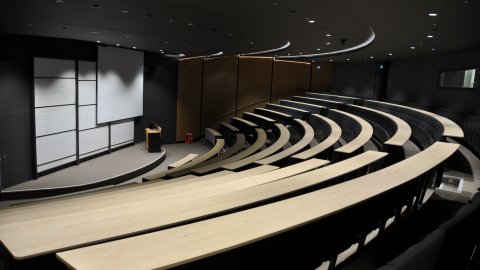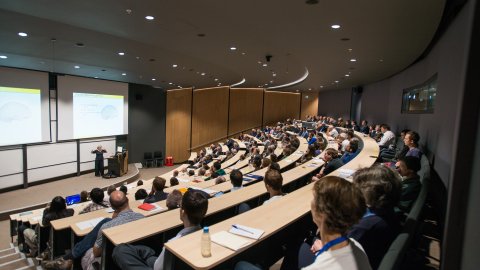17:00
The structure of quantum permutation groups
Abstract
Quantum permutation groups, introduced by Wang, are a quantum analogue of permutation groups.
These quantum groups have a surprisingly rich structure, and they appear naturally in a variety of contexts,
including combinatorics, operator algebras, and free probability.
In this talk I will give an introduction to these quantum groups, starting with some background and basic definitions.
I will then present a computation of the K-groups of the C*-algebras associated with quantum permutation groups,
relying on methods from the Baum-Connes conjecture.











